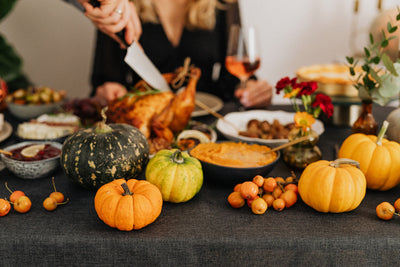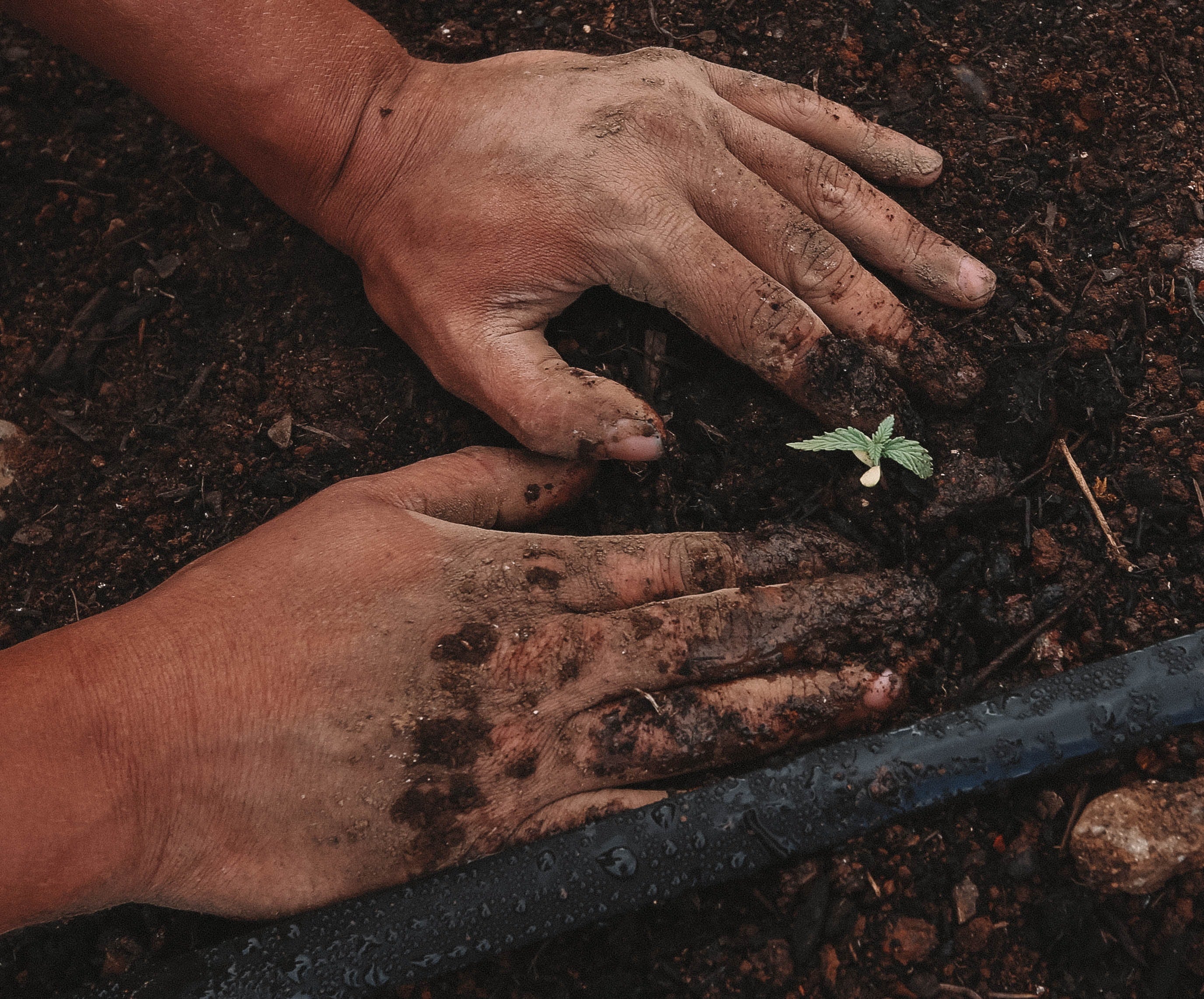You will be surprised how beneficial having a well-stocked survival garden is during times of crisis. While many focus on growing vegetables for sustenance, incorporating medicinal herbs into your garden can provide an additional layer of self-sufficiency and wellness. These versatile plants not only add flavor to your dishes but also offer a wide array of healing properties. Here, we will explore the benefits of growing and cooking medicinal herbs in your survival garden, empowering you to take charge of your health and well-being, even in the most challenging circumstances.
The Importance of Medicinal Herbs in a Survival Garden
In a survival scenario, access to traditional medical care may be limited. Medicinal herbs, on the other hand, have been used for centuries to address various ailments and promote overall wellness. By including these powerhouses in your garden, you can tap into their natural healing properties. Herbs are often packed with antioxidants, vitamins, minerals, and essential oils that support the immune system, aid digestion, soothe inflammation, relieve stress, and much more. Their versatility and effectiveness make them a valuable asset for your survival garden.

Selecting Medicinal Herbs for Your Garden
Choosing the right herbs for your survival garden depends on your specific needs and growing conditions. Some popular medicinal herbs to consider include:
Calendula: This vibrant flower possesses anti-inflammatory properties and is often used topically to heal wounds, rashes, and burns.
Echinacea: Known for its immune-boosting properties, echinacea can help fight off infections and relieve symptoms of colds and flu.
Lemon balm: A calming herb that eases anxiety and promotes better sleep, lemon balm also aids digestion and has antiviral properties.
Peppermint: With its refreshing flavor, peppermint soothes the stomach, relieves headaches, and helps with respiratory issues.
Chamomile: Widely recognized for its calming effects, chamomile is often used to reduce stress, promote relaxation, and support digestion.
Cultivating Medicinal Herbs in Your Survival Garden
Successfully growing medicinal herbs requires attention to their specific needs. Here are some general guidelines to help you get started
Sunlight: Most herbs thrive in full sun, so choose a sunny spot for your garden.
Soil and Watering: Well-draining soil is essential, as herbs generally dislike waterlogged conditions. Water your plants regularly but avoid overwatering.
Companion Planting: Many herbs benefit from companion planting, where certain plants complement each other's growth and repel pests. For example, planting basil near tomatoes can deter pests and improve tomato flavor.
Harvesting: Harvest herbs when they are at their peak potency. Regular pruning promotes new growth and keeps the plants healthy.

Cooking with Medicinal Herbs
Once you have successfully grown your medicinal herbs, incorporating them into your cooking routine can elevate both flavor and nutrition. Here are a few ideas
Herbal Infusions: Create healing teas by steeping dried or fresh herbs in hot water. Calming chamomile, invigorating peppermint, or immune-boosting echinacea can all be enjoyed as herbal infusions.
Culinary Delights: Add fresh herbs like basil, rosemary, or thyme to your soups, salads, stews, and sauces to enhance their flavor and nutritional value. c. Herbal Oils and Vinegars: Infuse oils or vinegars with aromatic herbs like rosemary or tarragon. These can be used in dressings, marinades, or as a base for homemade remedies.
Medicinal Salves: Utilize herbs like calendula and comfrey to create soothing salves for minor skin irritations or burns.
By growing and cooking medicinal herbs in your survival garden, you not only enhance your self-sufficiency but also gain access to nature's powerful healing properties. With their diverse benefits and the ability to add depth to your culinary creations, these herbs become valuable assets in times of crisis. Take the initiative to cultivate and incorporate these medicinal herbs into your garden and daily life, and you'll be better equipped to care for yourself and your loved ones, no matter the circumstances.











